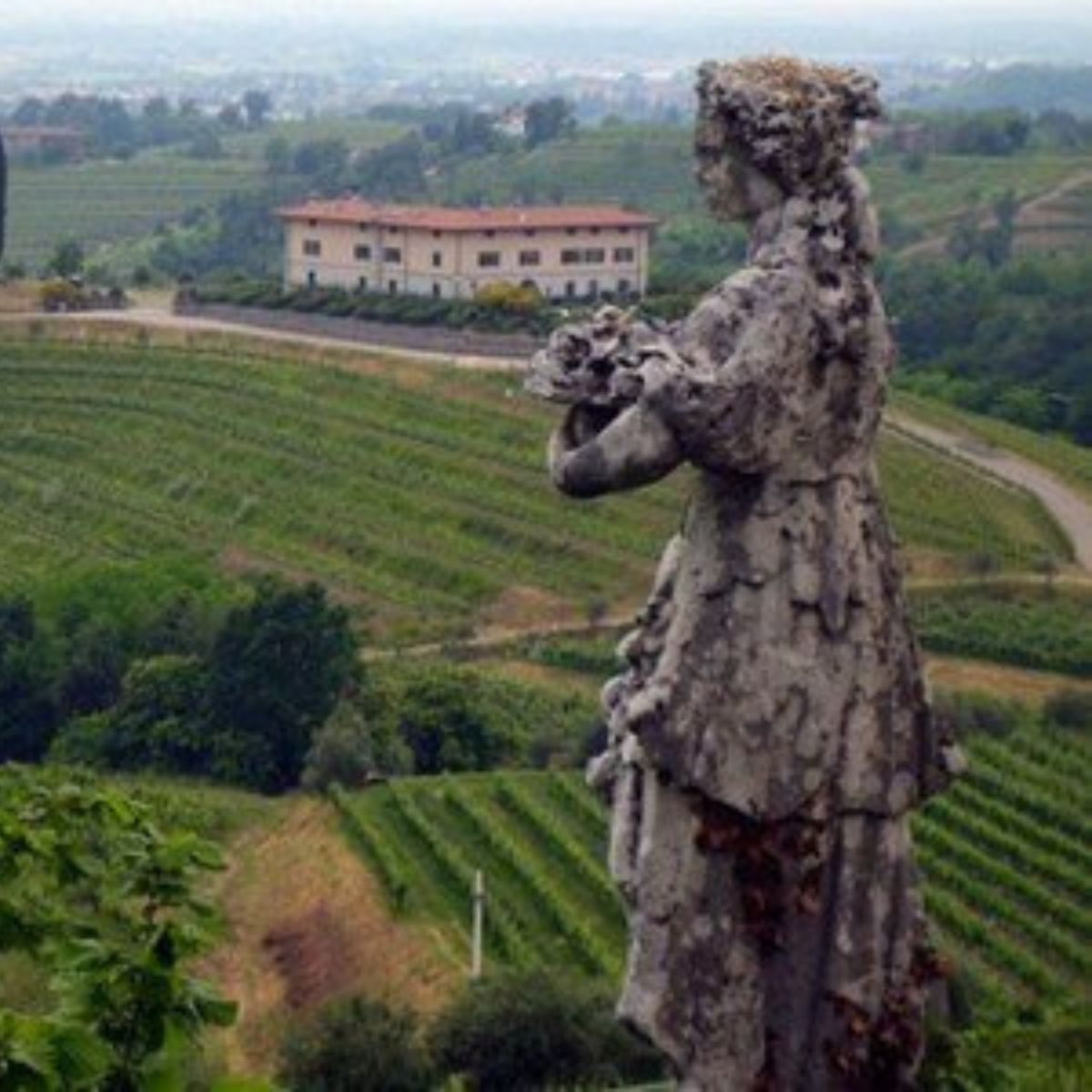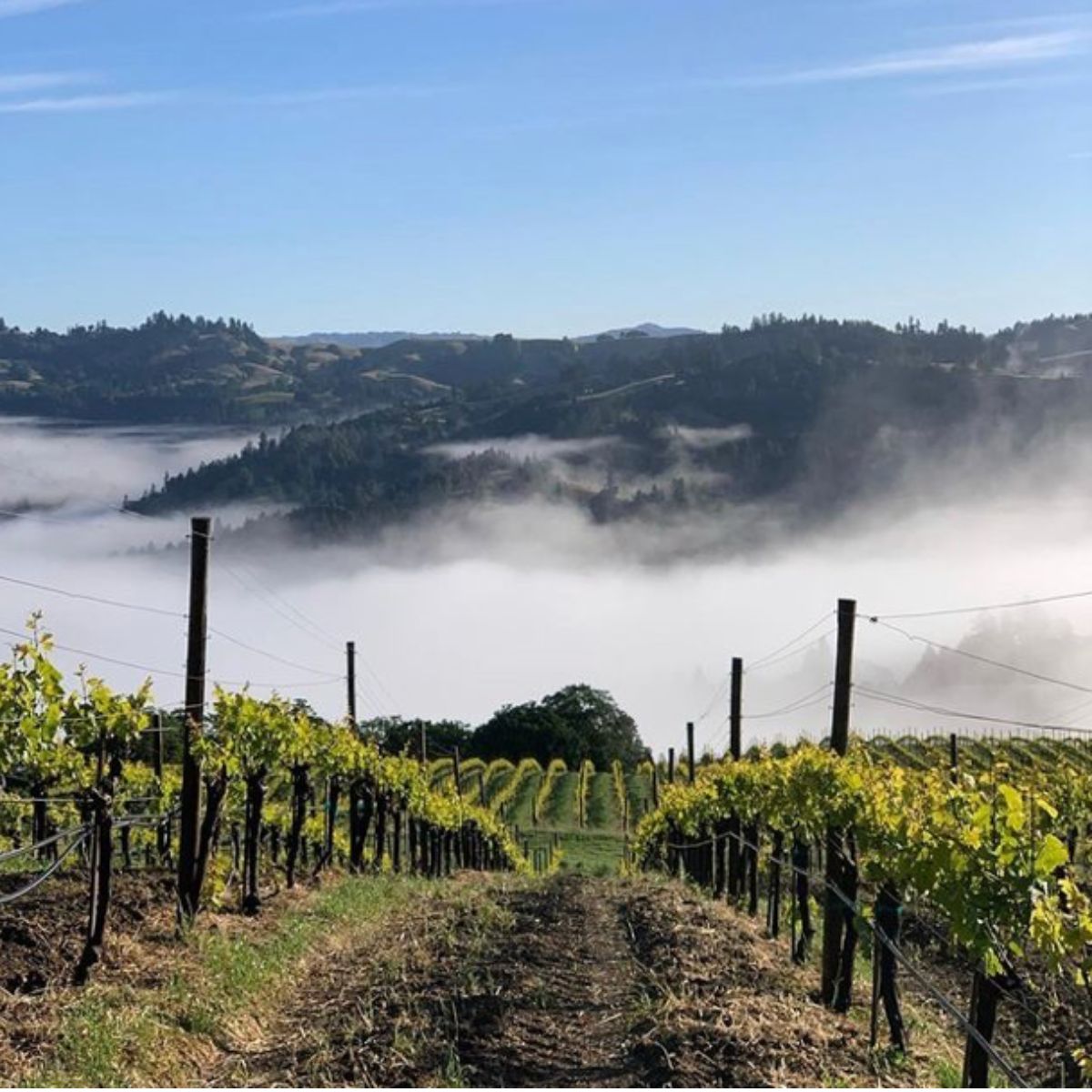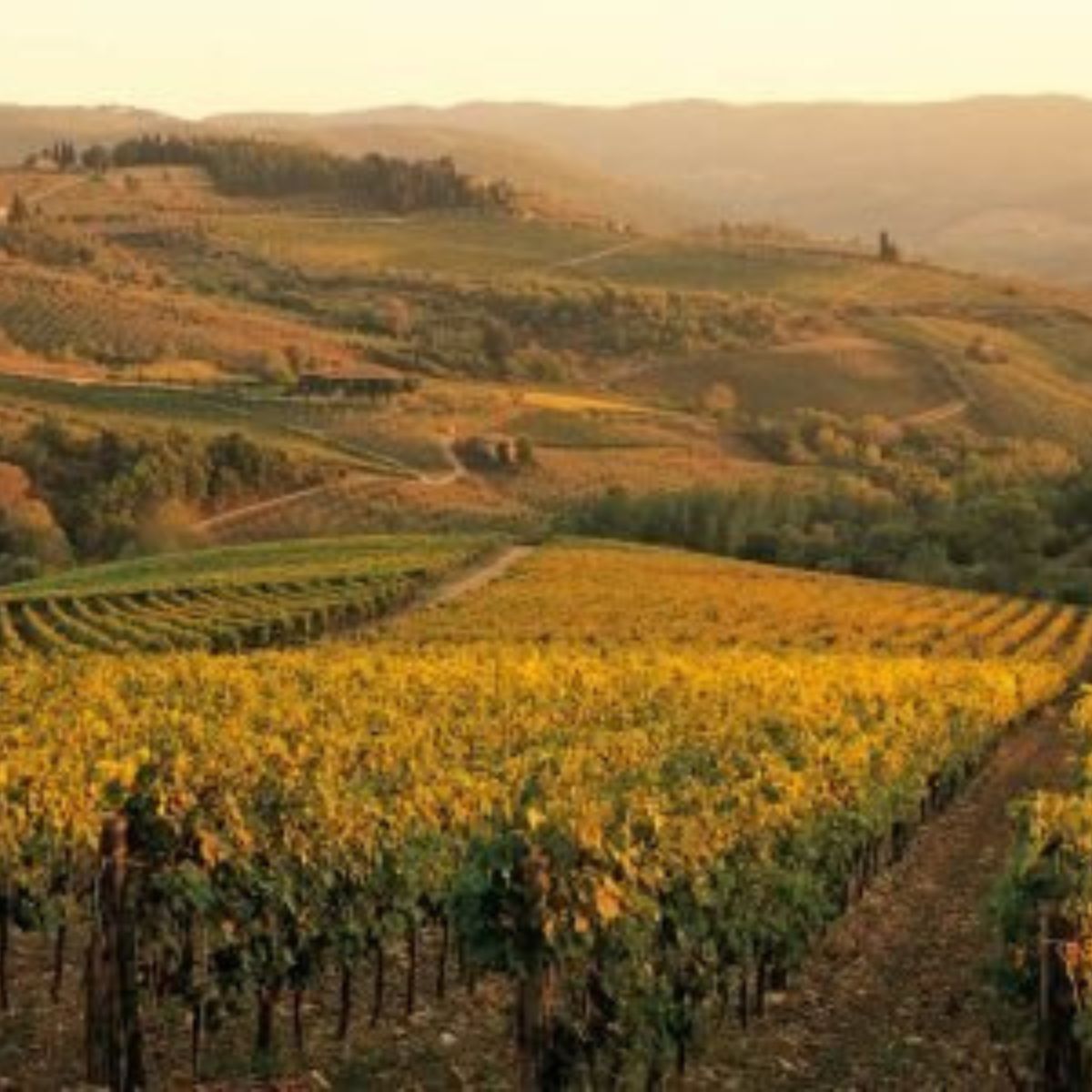‘MY PHILOSOPHY TO WINEMAKING IS THE SAME AS MY PHILOSOPHY TO LIFE. I BELIEVE THAT GOOD THINGS COME FROM HARD WORK. WE LIVE CLOSELY IN TOUCH WITH THE LAND AND FOLLOW THE RHYTHMS OF THE SEASONS. WE MUST BE PATIENT, TRY TO DO THINGS WELL, AND ALWAYS LOOK TO IMPROVE. EVERYTHING NEEDS TO BE KEPT IN EQUILIBRIUM, IN BALANCE. I SEEK THIS IN THE VINES, IN MY WINES, AND IN MY LIFE.’
MARIO FONTANA
PHILOSOPHY
FOR ME, BAROLO IS NOT JUST A WINE. IT IS PART OF MY CULTURE AND MY IDENTITY – IT DEFINES WHO I AM AND WHERE I COME FROM. WHEN I DRINK BAROLO, I REMEMBER MY GRANDFATHER. INDEED, BAROLO SEEMS TO CONTAIN WITHIN IT SOMETHING OF THE SPIRIT OF THE TRUE MAN OF LE LANGHE. IT HAS THE SAME ENDURING FORZA – STRENGTH, DIGNITÀ – DIGNITY, AND A CHARACTER THAT IS AT ONCE IMMENSELY HARD, AUSTERE AND HONEST.
My Barolo is like my grandfather, like those men from another age – the ones who never wanted anyone to know easily what they were thinking. This wine is just the same: it does not ever reveal itself easily or cheaply. You have to discover it, slowly and thoughtfully. The appreciation and discovery of Barolo is not something that should ever be fast: you must have time, patience and experience.
But that is the way it is with all the best things in life, those things that are complex and have true depth of character and meaning. With Barolo, sometimes a single bottle is not enough. You feel that yes, you are getting close to understanding it, to unravelling some of its many layers. But then the wine is gone: you need to open another bottle!
In such wines as this, will you find the greatest satisfaction. Like all the greatest wines in the world, Barolo always has something more to give; the sensations are always different. It is a wine that – non finisce mai – never finishes, never fails to surprise, a wine that brings the greatest pleasure.
Little by little you will come to fall in love with Barolo, to become infatuated with it, and to understand and appreciate the special hardness and austerity and honesty that comes from the land from which it is born, my land: Le Langhe.
This is my Barolo. This is my life.
Mario Fontana
FAMILY PASSION
Cascina Fontana is located in the heart of the Barolo wine zone in the small hamlet of Perno, near Monforte d’Alba and about 15 km from Alba. Here the Fontana family continue cultivating grapes and making wine as they have done for the past six generations.
Today winemaker Mario Fontana continues this tradition, overseeing the entire cycle of production, from the tending of the vineyards to the making of the wines, taking the greatest and most meticulous care at every stage of the process.
Mario and Luisa Fontana are the proprietors of 5 hectares (about 12.5 acres) of estate vineyards dedicated exclusively to the cultivation of the classic grape varieties of Le Langhe: dolcetto, barbera and nebbiolo. The vineyards are located in the best zones of production in the commune of Castiglione Falletto (vigna Valletti,cru Mariondino, vigna Villero/cru Villero e vigna del Pozzo); La Morra (vigna Gallinotto/cru Giachini); and Sinio (vigna del Castello).
Cascina Fontana is wholly traditional wine estate that respects and follows the culture, traditions and history of Le Langhe.
WINEMAKING
Mario’s approach to winemaking is essentially rooted in his grandfather Saverio’s methods, even if the equipment used today is modern. Once the grapes arrive in the cantina, they are de-stemmed and lightly crushed to break the skin in order to allow the juice to run out. The crushed grapes are then pumped into stainless steel vats where fermentation begins spontaneously, as the natural yeast present on the skin of the grapes begins to feed on sugar.
The length of fermentation depends on the grape variety. Generally speaking, for wines that are destined to undergo more lengthy maturation, the fermentation is both longer and slower, which allows for a greater extract of tannin and other natural components that are necessary for ageing in both botte (large cask) and eventually bottle. Dolcetto, the grape variety that is always harvested earliest, undergoes a fermentation of just six to seven days and is ready to drink in the summer after the harvest. The fermentation of barbera grapes usually lasts from ten to twelve days. Nebbiolo for the production of Langhe Nebbiolo ferments for upwards of fifteen days, while fermentation of nebbiolo for the production of Barolo can sometimes last as long as forty days.
After fermentation has completed, Dolcetto wine continues to mature in stainless steel vats. Barbera and Langhe Nebbiolo mature in a mix of large botte and used 225 litre barrique for one year. Nebbiolo destined to become Barolo is aged in large Slavonian oak casks for a minimum of two years, then the wine is assembled and further aged in cement vats for a year. Once bottled, all the wines age for a further six month prior to release.
“I prefer to keep my wines as natural as possible, intervening only when necessary. The wines of Cascina Fontana stabilise naturally through the vats being placed outside in the cold during winter. I prefer not to filter wines as I believe that through filtering you inevitably lose some of the goodness of the wine. This means that in some years there will be a natural deposit in the bottle.”
A winemaker has to make hundreds of critical decisions throughout the year, guided by their own house style and philosophy. At Cascina Fontana, care and respect for tradition shape such decisions and allow Mario Fontana to produce wines that are a genuine expression of the land from which they are born: Le Langhe.






